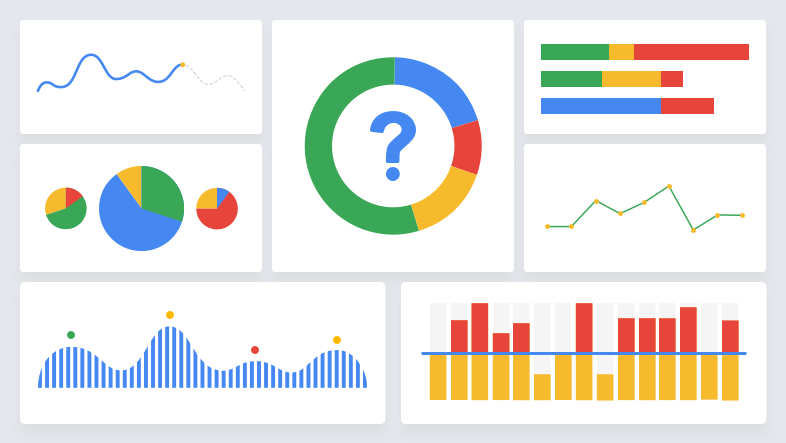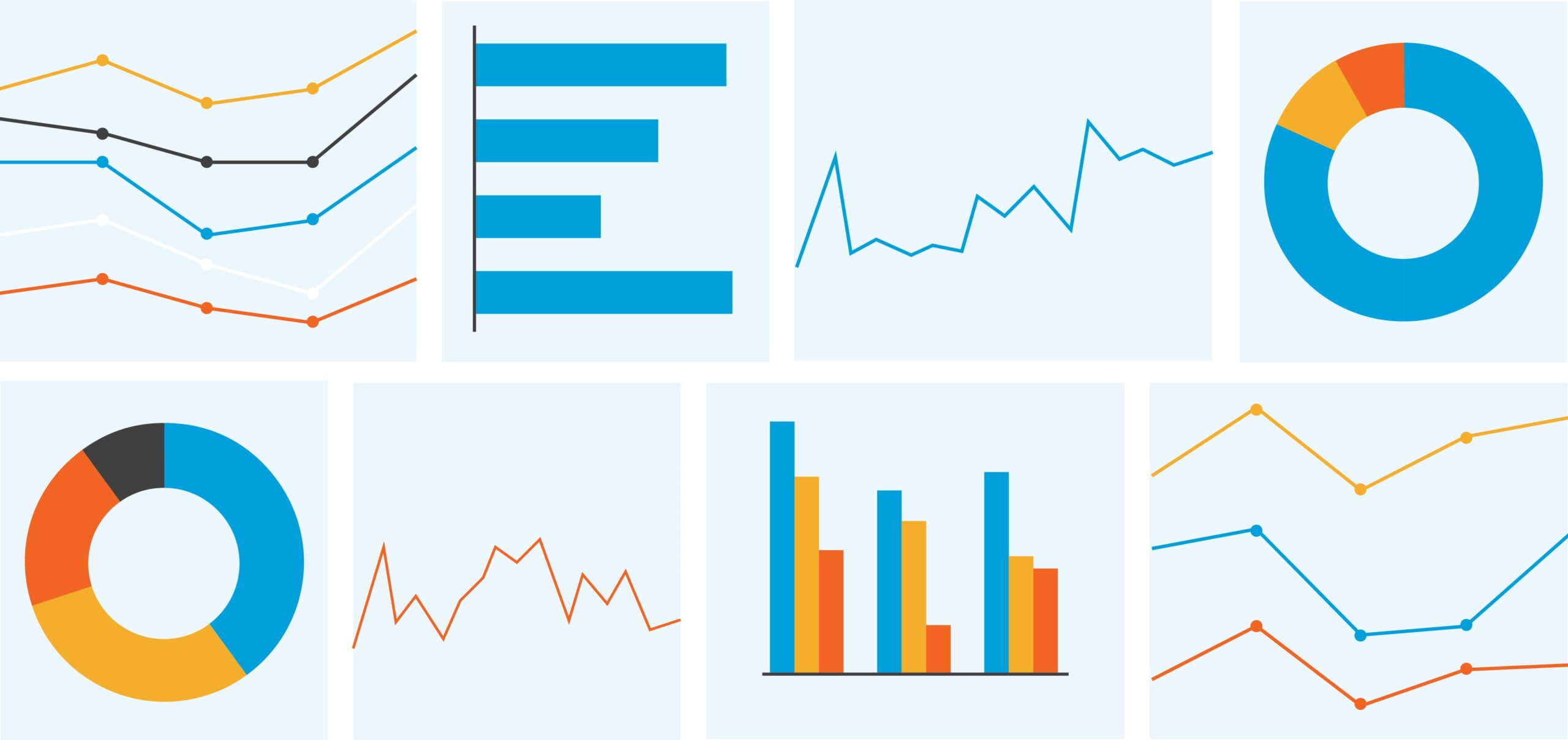In the ever-evolving digital landscape, the term “Social Media Data Analytics” has become more than just a buzzword; it’s a powerful tool that businesses utilize to decode the complexities of online interactions. As we plunge into this article, let’s unravel the layers of social media data analytics and understand its significance in the contemporary world.
Key Components of Social Media Data Analytics

1. Data Collection
The journey begins with the collection of vast amounts of data from various social media platforms. Understanding the intricacies of data acquisition lays the foundation for meaningful analysis.
2. Data Processing
Once collected, raw data undergoes processing to transform it into a usable format. This stage involves cleaning, organizing, and preparing the data for the next crucial steps.
3. Data Analysis
At the heart of social media data analytics lies the analysis phase. Here, sophisticated algorithms and statistical models come into play, extracting valuable insights from the processed data.
4. Insights Generation
The ultimate goal is to generate actionable insights. These insights drive decision-making processes, helping businesses tailor their strategies for optimal results.
Tools and Technologies
1. Overview of Analytics Tools
A plethora of analytics tools flood the market, each offering unique features. From basic analytics platforms to advanced artificial intelligence-driven solutions, businesses must navigate this landscape to find the right fit for their needs.
2. Role of Artificial Intelligence
Artificial Intelligence (AI) is a game-changer in social media data analytics. Machine learning algorithms can predict trends, customer behavior, and even sentiment, providing a deeper understanding of audience preferences.
3. Emerging Trends in Data Analytics
The field is dynamic, with continuous advancements. Stay updated on emerging trends, such as augmented analytics and natural language processing, to remain at the forefront of data analytics.
Applications of Social Media Data Analytics
1. Marketing and Advertising
One of the primary applications is in the realm of marketing and advertising. Targeted campaigns, personalized content, and data-driven strategies are reshaping the landscape of digital marketing.
2. Customer Relationship Management
Understanding customer behavior enables businesses to enhance customer relationships. Social media data analytics aids in crafting personalized experiences, and fostering loyalty.
3. Competitive Intelligence
Keeping an eye on competitors is essential. Social media analytics unveils competitor strategies, allowing businesses to adapt and stay competitive.
4. Social Listening
Actively listening to what customers say on social media provides invaluable insights. Social listening tools analyze conversations, helping businesses gauge public opinion and sentiment.
Challenges
1. Privacy Concerns
Amidst the advantages lie privacy concerns. Striking a balance between data utilization and respecting user privacy is an ongoing challenge.
2. Data Security
The volume and sensitivity of data make security a top priority. Robust security measures must be in place to safeguard against data breaches.
3. Ethical Considerations
As data analytics becomes more sophisticated, ethical considerations arise. Businesses must navigate these ethical waters to ensure responsible data use.
Best Practices for Effective Social Media Data Analytics
1. Define Clear Objectives
Begin with a clear understanding of what you aim to achieve through social data analytics. Define specific objectives to guide your analysis.
2. Choose the Right Metrics
Not all metrics are created equal. Select metrics that align with your goals and provide meaningful insights into your audience and market.
3. Continuous Monitoring and Optimization
Social media is dynamic. Regularly monitor and optimize your analytics approach to adapt to changing trends and audience behavior.
Future Trends
1. Predictions and Trends
What does the future hold for social data analytics? Explore predictions and emerging trends, such as the integration of virtual reality and augmented analytics.
2. Integration with Other Technologies
The convergence of social data analytics with other technologies, such as the Internet of Things (IoT), paints a picture of a seamlessly connected digital ecosystem.
How to Get Started with Social Media Data Analytics
1. Building a Team
Assemble a capable team with expertise in data science, analytics, and business strategy. A collaborative effort ensures a comprehensive approach to social media data analytics.
2. Selecting the Right Tools
Navigate the array of tools available by aligning them with your business goals and team expertise. The right tools streamline the analytics process.
Common Misconceptions
1. Myth-busting Social Media Data Analytics
Address common misconceptions about social data analytics. Clearing these myths fosters a better understanding of the field’s capabilities.
Case Studies
1. Coca-Cola: Personalizing Consumer Engagement
Coca-Cola leveraged social media data analytics to gain deeper insights into customer preferences. Using sentiment analysis and predictive models, they identified trending flavors and launched personalized marketing campaigns. The result? A 20% increase in sales for targeted regions within six months.
Influencer Quote:
“Data-driven strategies aren’t just the future; they’re the present. Coca-Cola’s campaign proves the power of analytics in connecting with audiences on a personal level.” – Neil Patel, Digital Marketing Guru
2. Netflix: Revolutionizing Content Recommendations
Netflix harnessed social media data to refine its recommendation engine. By analyzing social chatter about shows and movies, they fine-tuned their algorithms to suggest highly relevant content to users. This approach not only increased user satisfaction but also contributed to a staggering 200% increase in viewer engagement for certain titles.
Tweet from an Influencer:
“Netflix isn’t just watching what you watch – they’re listening to what you say online! That’s next-level social media analytics at work. #DataDriven #Netflix” – Gary Vaynerchuk, Entrepreneur and Author
3. Nike: Running Ahead of the Competition
Nike used social media listening to identify rising fitness trends. By analyzing millions of conversations about running and wellness, they introduced the Nike Run Club App, tailored to user preferences and local trends. The app saw over 50 million downloads and significantly boosted brand loyalty.
Influencer Quote:
“Nike doesn’t just follow trends; they anticipate them. Their use of social analytics is a gold standard in staying ahead of the game.” – Mari Smith, Social Media Strategist
Breaking Records: Viral Campaigns and Data Wins
#ShareACoke Campaign: Coca-Cola’s globally viral campaign utilized social media analytics to identify popular names and cultural phrases, creating personalized bottles that customers shared online. The result? Over 500,000 photos shared and a 7% increase in U.S. sales during the campaign.
Spotify Wrapped: By using analytics to aggregate user listening habits and share personalized year-end playlists, Spotify achieved over 60 million shares across social platforms, breaking engagement records and significantly boosting subscriptions.
Tweet Highlight:
“Spotify Wrapped is a MASTERCLASS in how to use data to create buzz. It’s personal, shareable, and pure genius. #SocialMediaAnalytics #SpotifyWrapped” – Rand Fishkin, Founder of Moz
Conclusion
In concluding our exploration, it’s evident that social media data analytics is a powerful catalyst for business success in the digital age. The evolving landscape demands continuous adaptation, making it imperative for businesses to harness the full potential of data analytics for sustained growth.
Ready to revolutionize your data analytics journey? Request a demo from AIM Technologies and discover how our cutting-edge solutions can elevate your social media data analytics game.
FAQs
What is the role of social data analytics in marketing?
- Social data analytics plays a pivotal role in crafting targeted marketing campaigns, ensuring relevance and effectiveness.
How can businesses overcome privacy concerns in data analytics?
- Businesses can address privacy concerns by adopting transparent practices, obtaining user consent, and implementing robust security measures.
Are there free tools available for social data analytics?
- Yes, several free and open-source tools are available, providing a starting point for businesses with budget constraints.
Can small businesses benefit from social data analytics?
- Absolutely. Social data analytics levels the playing field, enabling small businesses to make informed decisions and compete effectively.
What are the future trends in social data analytics?
- Future trends include the integration of artificial intelligence, augmented analytics, and the expansion of analytics into new frontiers like virtual reality.




